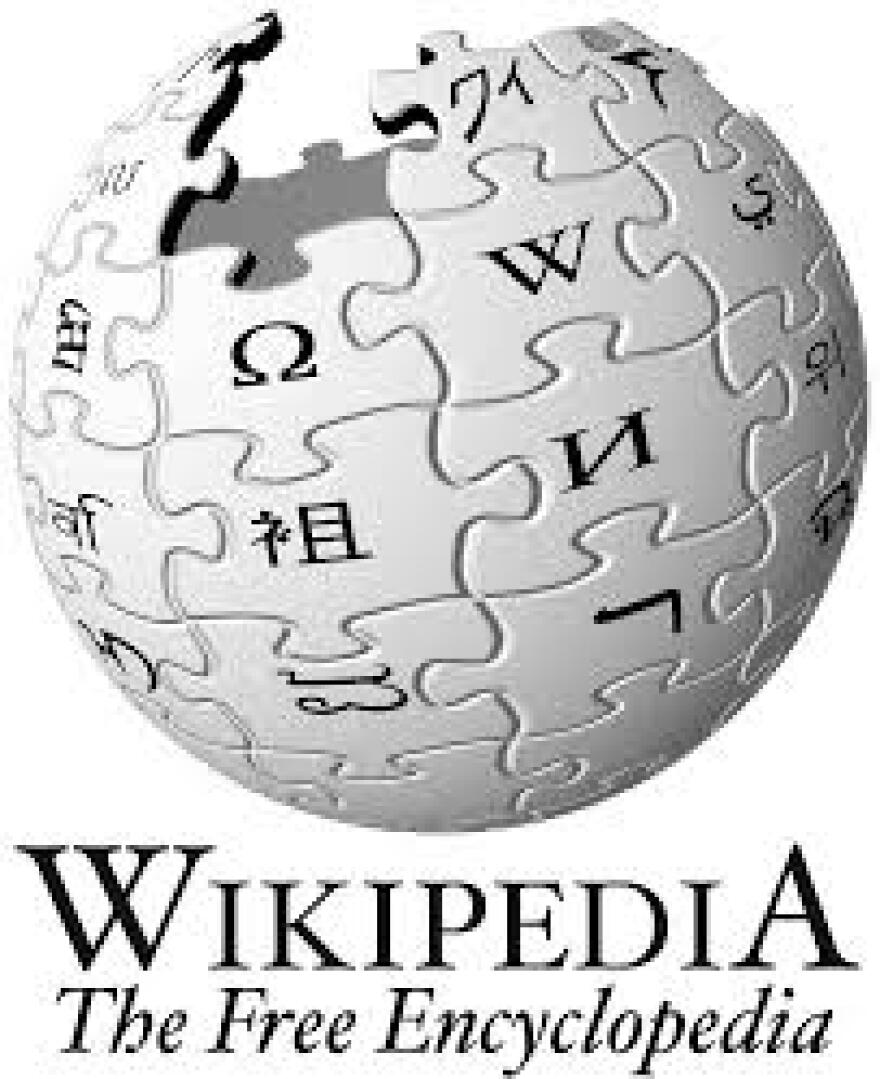When you want to know something about somebody or something and do an internet search, where do you most often end up?
Is it Wikipedia?
The online, crowd-sourced, encyclopedia has become something of the encyclopedia of the wired generation.
Jimmy Wales founded the company that launched Wikipedia in St. Petersburg, Florida in 2001.
And it's a go-to source for information on just about everything.
But can its information -- put together for free by volunteer editors -- be trusted?
"So, it's not horrible," said Kelly McBride of the Poynter Institute's Sense-Making Project. "Wikipedia has great idealistic ambitions about making that information better. It's very hard to control how and why people post."
Who can post what to Wikipedia is not a free-for-all. There are rules.
But it has been learned that people with agendas about what they post have been getting around those rules.
"Wikipedia has this rule that you cannot make a self-interested post," McBride explained. "So, you can't make your own post on Wikipedia. I can't make my own post. And neither should anybody hired by us, like a P.R. agency, make a post about us. However, what we found out is that P.R. agencies and other individuals were making posts all the time. They were creating these Wikipedia accounts which Wikipedia discovered last fall. They call those accounts 'sock puppets'."
And, though Wikipedia is making efforts to control these fake accounts, it is an impossible task.
"On its blog this week, Wikipedia announced that they are no longer going to allow anyone who is paid to edit a post without first disclosing that they were paid. So they are trying to being a little more transparency to this," said McBride. "At the same time, 11 P.R. agencies -- some of the biggest P.R. agencies in the country -- have gotten together and they have promised they are not going to use the sock puppets any more in order to manipulate Wikipedia posts on behalf of their clients. But just because those 11 agencies say they're not going to do it and just because Wikipedia says they're going to require transparency, there's no way you can control the thousands and thousands of people who post to Wikipedia. It's idealistic but it's not enforceable."



